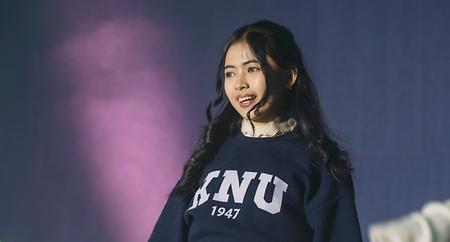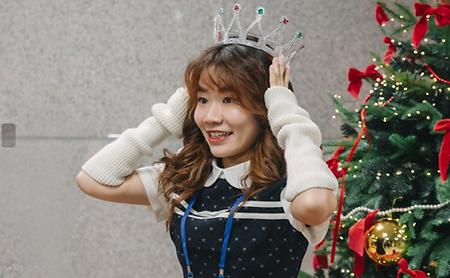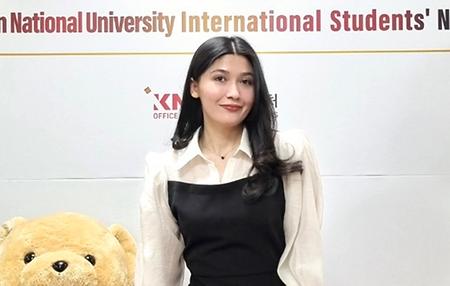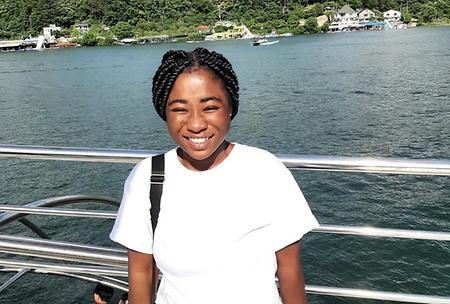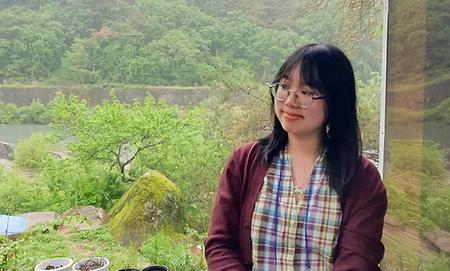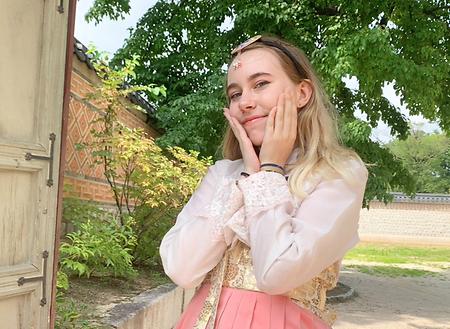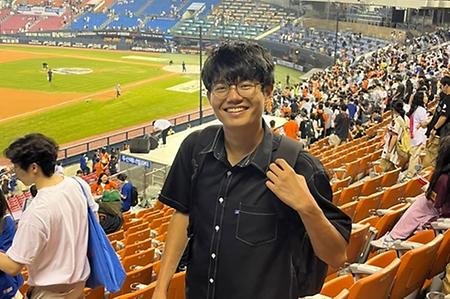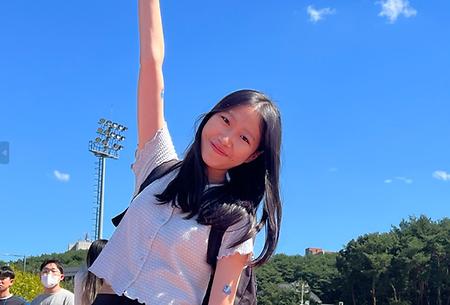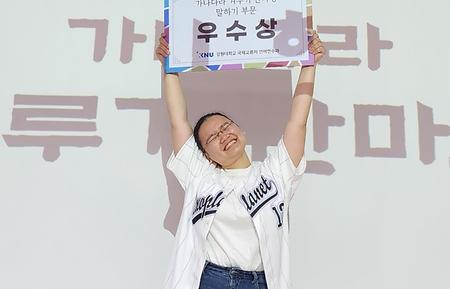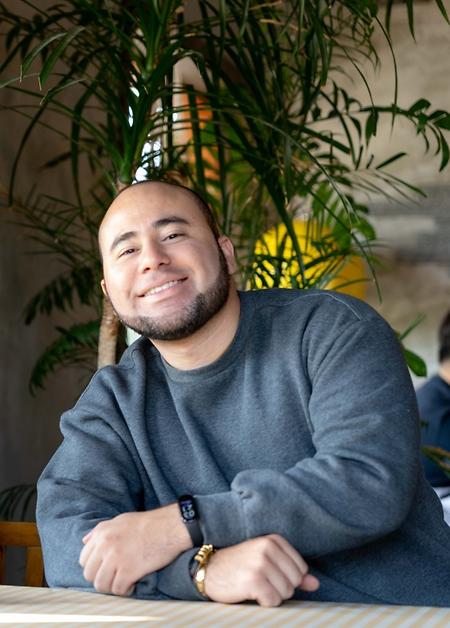-
- 36
- 작성자국제교류처
- 작성일2025.12.08
- 조회수105
-
- 34
- 작성자국제교류처
- 작성일2025.11.12
- 조회수620
-
- 32
- 작성자국제교류처
- 작성일2025.10.13
- 조회수548
-
- 30
- 작성자국제교류처
- 작성일2025.09.22
- 조회수411
-
- 28
- 작성자국제교류처
- 작성일2025.08.29
- 조회수369
-
- 26
- 작성자국제교류처
- 작성일2025.08.04
- 조회수349
-
- 24
- 작성자국제교류처
- 작성일2025.07.04
- 조회수434
-
- 22
- 작성자국제교류처
- 작성일2025.06.16
- 조회수439
-
- 20
- 작성자국제교류처
- 작성일2025.05.14
- 조회수426
-
- 18
- 작성자국제교류처
- 작성일2025.04.08
- 조회수468
-
- 16
- 작성자국제교류처
- 작성일2025.03.17
- 조회수525
-
- 14
- 작성자국제교류처
- 작성일2025.02.10
- 조회수539
강원특별자치도 춘천시 강원대학길 1 국제교류처 406호(국제교류과) / 211호(언어연수과)
T : 033-250-7193(China), 6979(Asia), 6989(Europe, America, Africa, Oceania)
T : 033-250-7155(영어회화, 제2외국어 강좌)
T : 033-250-7933(한국어연수과정, Korean language program, 韩国语研修课程) langcntr@kangwon.ac.kr


